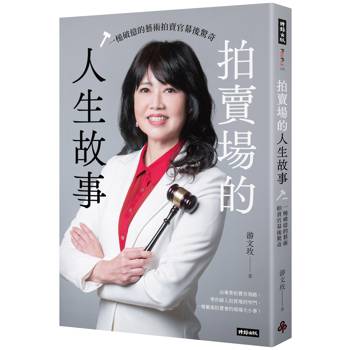Maryse Labriet is director of Eneris Environment Energy Consultants, based in Spain, and faculty lecturer at the EOI-Business School in Madrid. Defining and assessing policies, projects and investments, advancing knowledge and building capacities form the basis of her intervention approach to meet the climate and energy access imperatives. As a consultant, she provides strategic support to international and national, governmental and non-governmental entities in Europe, Africa, Central and South America. As a researcher, she codeveloped and applied the global TIMES Integrated Assessment Model (TIAM-WORLD) to explore climate agreements and energy transition pathways. The model is now used by more than 10 institutions all around the world and by the IEA’s Technology Collaboration Programme on energy systems modelling (IEA-ETSAP). She is an Industrial Engineer (France) and holds a PhD in Environmental Sciences (Canada).
Kari Espegren is a principal scientist in energy systems analysis at the research foundation IFE in Norway. She holds degree in Mechanical Engineering from the Norwegian University of Science and Technology from 1986. Her research focus is on using energy systems models in interaction with other sector specific models, such as economy model or power models, to understand and inform policy makers and industrial actors through analysis of transition pathways. She is the Research Area manager for Transition pathways studies in the Norwegian Centre for Energy Transition Strategies. Espegren is an experienced research project coordinator, and her main project contribution is related to how hydrogen can be integrated in a sustainable manner. She has represented Norway in the Executive committee the IEA’s Technology Collaboration Programme on energy systems modelling (IEA-ETSAP) since 2008, and she was the Operating Agent of the IEA-ETSAP from 2020 to 2023.
George Giannakidis holds a Mechanical Engineering Degree (1989) from the Aristotle University of Thessaloniki and a PhD in Computational Fluid Dynamics (1993) from Imperial College, University of London. He was a senior consultant and the head of the Laboratory for Energy Systems Analysis in the Centre for Renewable Energy Sources and Saving in Greece for twenty years. He is currently Co-founder and Managing Director of MRC Greece. His scientific interests include energy systems analysis, energy economics and energy policy. He is in particular interested in the evaluation of the necessary energy policies for large scale penetration of renewable energies. He has participated as a project partner and coordinator in a number of EU funded projects on energy planning and renewable energy sources penetration into the energy system. He has also participated in the formulation of the Greek National Action Plans for energy efficiency, cogeneration of heat and power, and renewable energy sources. From January 2013 to December 2016 he represented CRES as the Operating Agent of the IEA’s Technology Collaboration Programme on energy systems modelling (IEA-ETSAP) and since January 2017 he is the Project Head of IEA-ETSAP.
Brian Ó Gallachóir is Associate Vice-President of Sustainability at University College Cork (UCC), delivering on UCC’s ambitious plans to consolidate its role as a leading university of sustainability. Brian established energy systems modelling capacity in Ireland over the past 20 years and is a recognised international leader in this field, including as elected Chair of IEA ETSAP Executive Committee. His research has underpinned Irish and EU energy and climate mitigation policies and energy company strategies. Brian has also increased the transdisciplinary nature of climate mitigation research and this is particularly evident in the multi-stakeholder Dingle Peninsula 2030 partnership project. He received the Science Foundation Ireland Best International Engagement Award 2020 and Best Engaged Research Award 2022. Brian is an elected Fellow of the Irish Academy of Engineering has a B.Sc. from TCD and a PhD from UCC.












